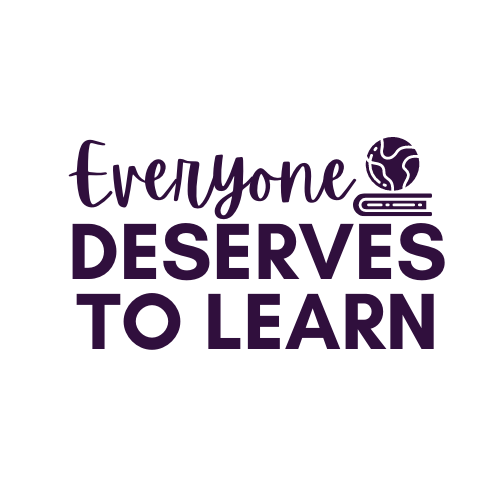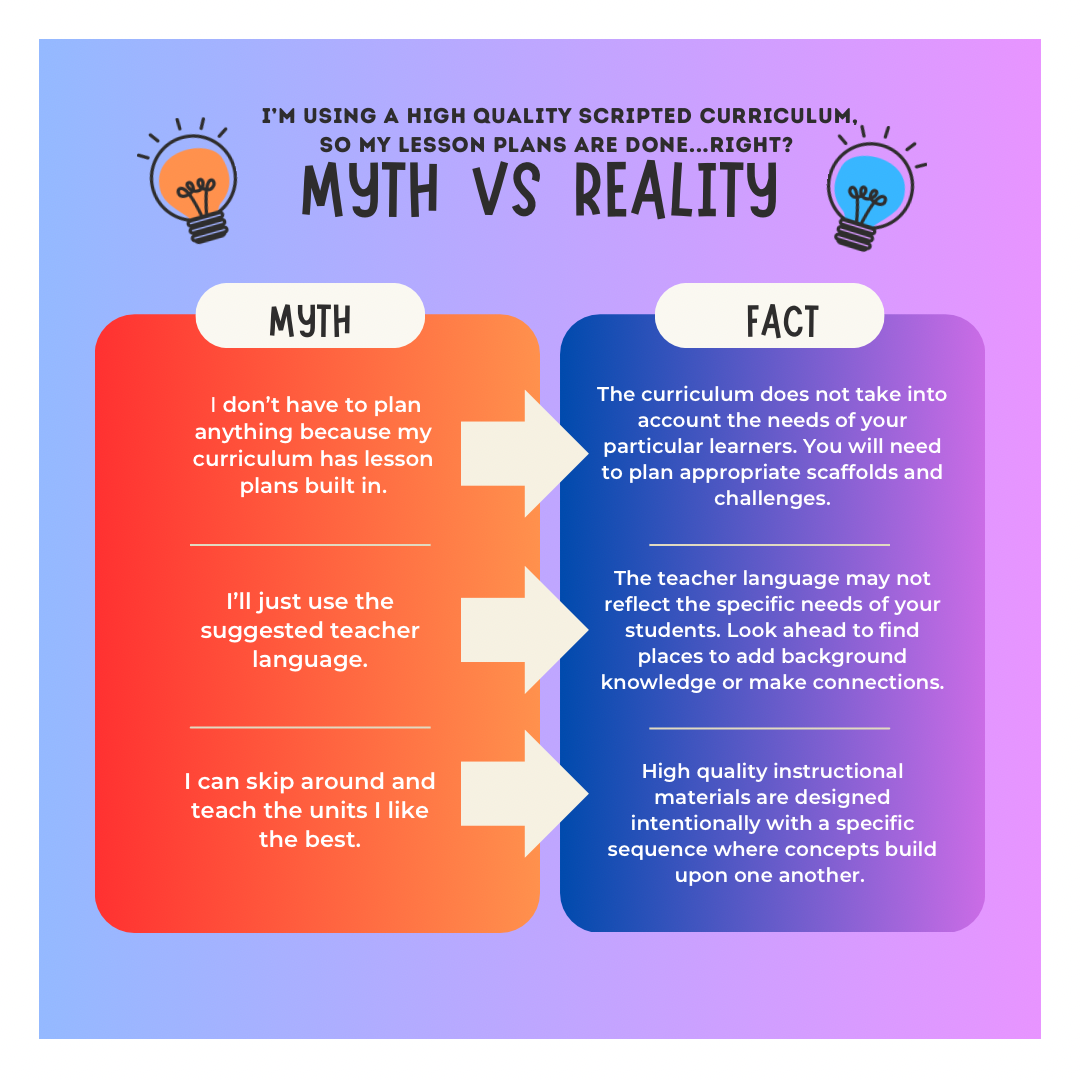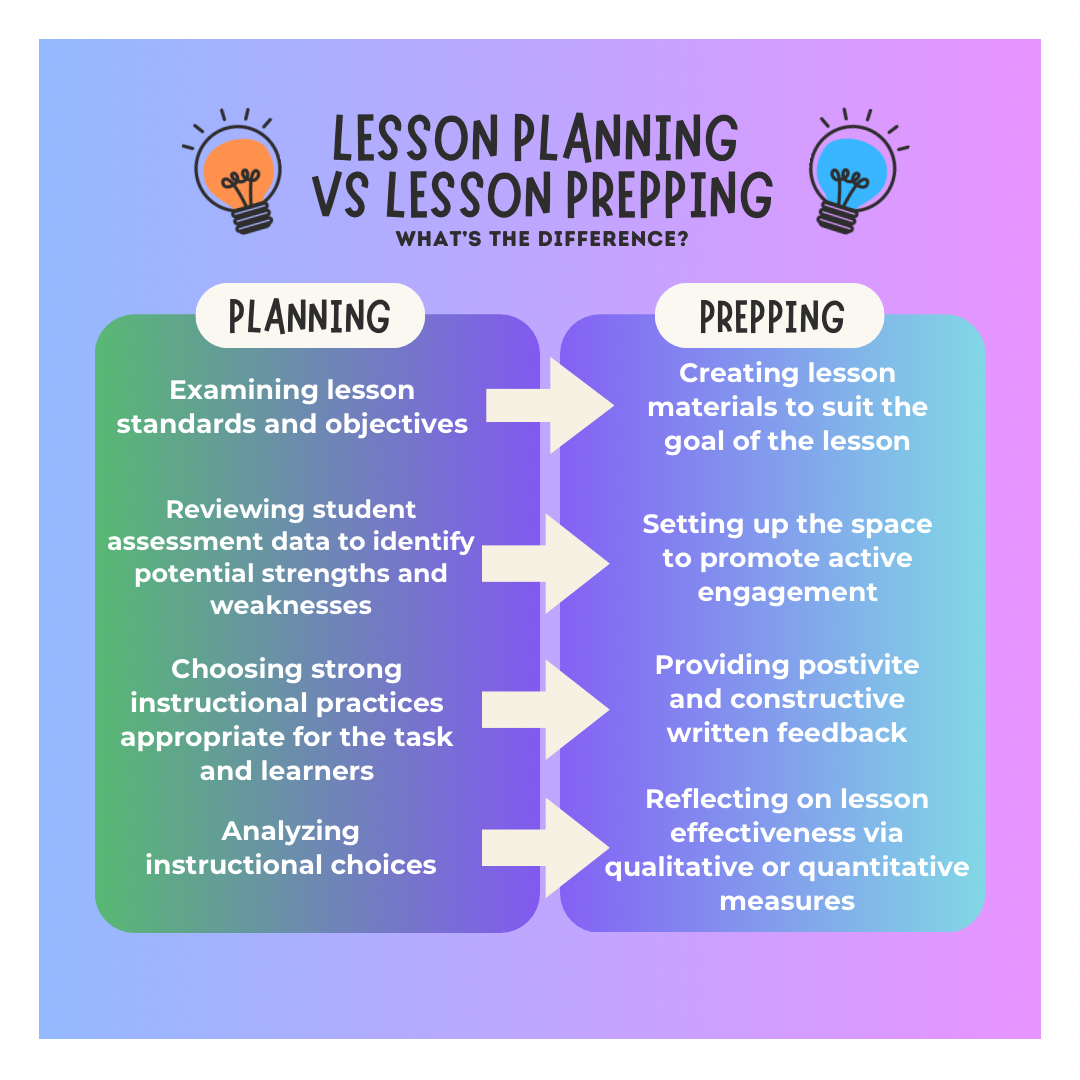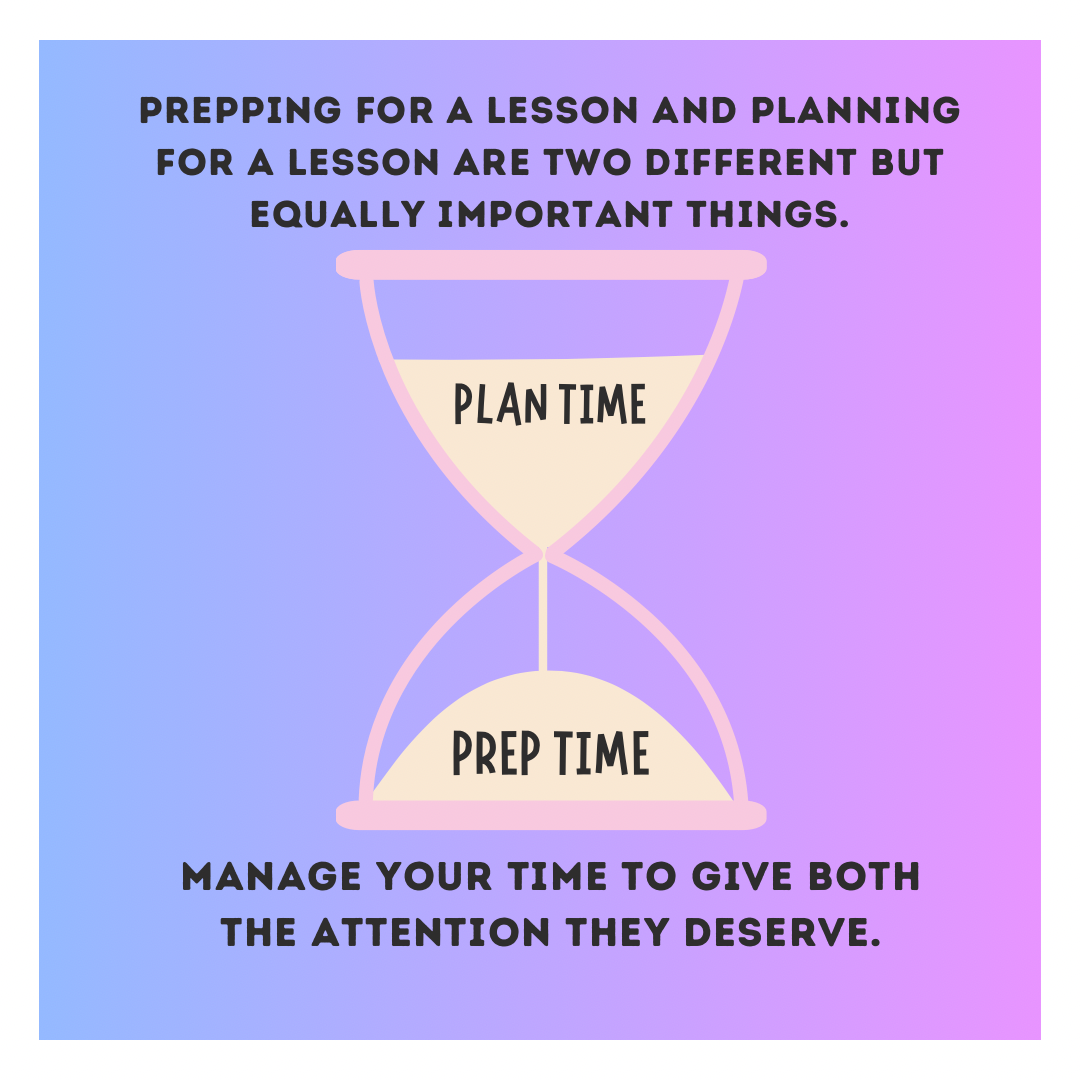Intentional Planning for Student Success
It’s no coincidence that adopting an HQIM can lead to increased student success, especially if the program includes research or evidence-based practices. In my role for the University of Delaware, I’ve supported districts across the US in their implementation and roll-out of HQIM for literacy. I most often support Bookworms Reading and Writing, but have supported CKLA and others.
By design, HQIMs are intentionally sequenced and often include language within the lesson plans that is meant to guide teachers in delivering explicit instruction. For many folks, this is a boon, especially coming from programs that contain “basal bloat,” where teachers were left to make instructional decisions without much guidance. Unfortunately, this explicit teacher language leads to a troublesome common trend, which I call the lesson plan myth.
The adoption and subsequent use of an HQIM is meant to point instructional choices to research and evidence-based practices. They are comprehensive and highly structured, intentional and urgent. But they do not do the teaching.
It is true that an HQIM often comes with a plan for each day’s lesson. However, an HQIM is not, and should not be, a plug and play resource.
Intentional planning for lesson delivery is a necessary step.
An HQIM is successful when the instruction meets the needs of the learners. A successful teacher internalizes the desired outcomes of the lesson and compares them to the needs and abilities of the students in the class.
Let’s equate intentional planning to baking cupcakes. Perhaps we use a mix that requires us to read and follow the instructions, and we are prepared to do so. But we also know that we need to boost our nutrition, so we added chia seeds. Perhaps we swap some oil for applesauce. Maybe we add white chocolate chips instead of semi-sweet. But we mixed and baked for the correct time and at the right temperature.
We made adjustments that suited our needs, and we still followed the recipe.
An HQIM is a general recipe for student success; it doesn’t take into account the specific needs of the students in a class.
Resist the plug-and-play mentality. Plan with intention.



